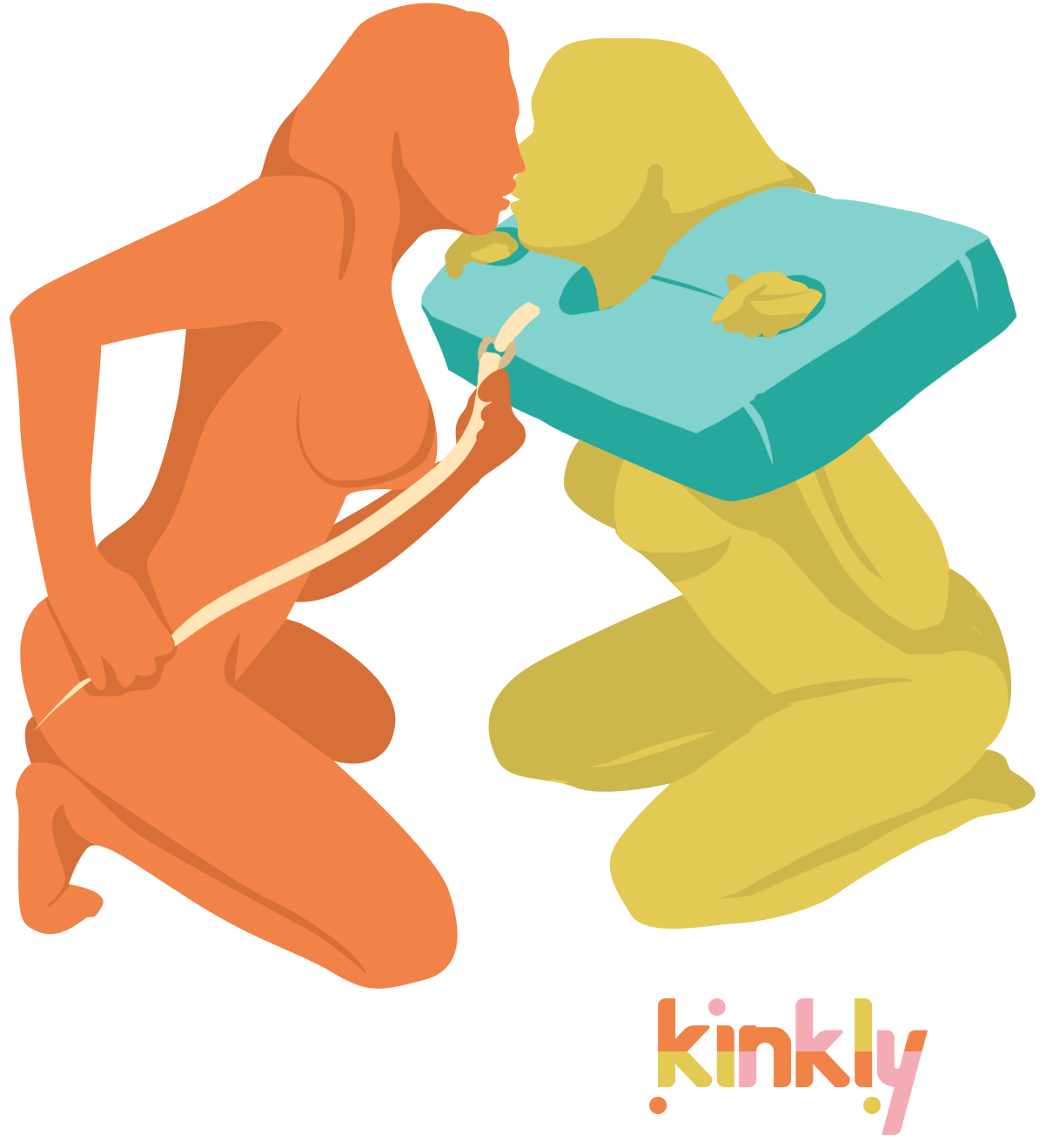Growing up, we learn in many different ways that if you have a vagina, you are supposed to suffer. From period pain to passionless, unsatisfying sex, we often normalize issues that could actually indicate problems, whether medical, psychological, or societal.
Here are some vagina-related problems that you shouldn’t ignore because, contrary to popular belief, they typically aren't normal.
Low Sex Drive
Women are often considered to be naturally disinterested in sex. But actually, a lack of interest in sex could indicate a physical or psychological issue.
There’s no right or wrong amount of sex to want, but a good metric is how much you want sex compared to how much you used to, says OB/GYN Iris Orbuch. Another reference point is how much sex you’d like to want, says OB/GYN Eden Fromberg.
A decline in sex drive could be a side effect of birth control pills, because they decrease your testosterone levels, says Orbuch. It could also stem from hormonal imbalances, low energy, or chronic illness, according to Fromberg.
The cause could also be psychological. Perhaps you’re experiencing relationship problems, or maybe you have past trauma that’s affecting your interest in sex, says Orbuch.
Based on where the issue is coming from, you might benefit from seeing an OB/GYN, a therapist, or a sex therapist.
Painful Periods
“Women need to know that if menstrual pain is interfering with their work, school, or social life, it is not normal,” says Orbuch.
One condition period pain can point toward is endometriosis, a disease affecting at least 10 percent of women where tissue similar to uterine tissue grows outside the uterus, she explains. Some find that birth control pills ease their period pain, but sometimes, these cover up an underlying issue like endometriosis, which should be treated.
Read: How Birth Control Nearly Ruined My Life
“My suggestion to every teenager, young adult and woman is that if you have painful periods that take you to the nurse’s office doubled over in pain, cause you to miss school or work, or make you cancel plans with friends, please find an endometriosis specialist for evaluation and education,” she says.
Difficulty Orgasming
From what you hear about the “elusive female orgasm,” you might think orgasmless sex was normal. For most people with a vagina, it is not typical to orgasm through intercourse alone. But if you have trouble reaching orgasm at all, that could be an issue worthy of attention.
Often, the source of the problem is psychological or behavioral. For example, it could be that your partner’s not paying enough attention to your clitoris. Or, you may feel uncomfortable or uneasy with your partner - or yourself.
Other times, the issue is more physical. Orgasm problems can be related to medications, such as the antidepressant class SSRIs, says Orbuch. So, it’s a good idea to talk to your doctor about this issue and, if necessary, to see a sex therapistto learn techniques for reaching orgasm and to work through emotional blockages.
Read: Antidepressants Have "Sexual Side Effects." So What Does That Mean?
Irregular periods
You might feel lucky if you don’t get your period every month, but skipping periods usually points toward some sort of hormonal imbalance.
A few possible causes of irregular periods include polycystic ovary syndrome, chronic stress, thyroid disorders and malnourishment.
To stabilize your hormones and keep your periods regular, Fromberg recommends “low glycemic meals, robust nutrition, adequate rest and sleep, and working on healthy relationships and stress management.”
Pain During Sex
One in 10 women in one study reported pain during sex, but while it may be common, it’s not normal.
Painful sex is another symptom of endometriosis, says Orbuch, so it’s a good idea to talk to a doctor about it, especially if you’re also experiencing painful periods. Pain during sex can also stem from hormonal imbalances affecting sexual tissue, says Fromberg.
Other potential sources include vaginismus (involuntary clenching of the vagina) and other forms of pelvic floor dysfunction, which can be identified and treated by a physical therapist.
Read: Has Sex Become Painful? Here's What to Do About It
In short, if your vagina is causing you any discomfort or distress, talk to a doctor, a therapist, or the appropriate professional about treatment. Having a vagina is a gift, and one that should be enjoyed as much as possible.

Suzannah Weiss is a feminist writer, certified sex educator, and sex/love coach. Her work has appeared in The New York Times, The Washington Post, and more.
















